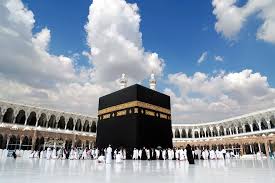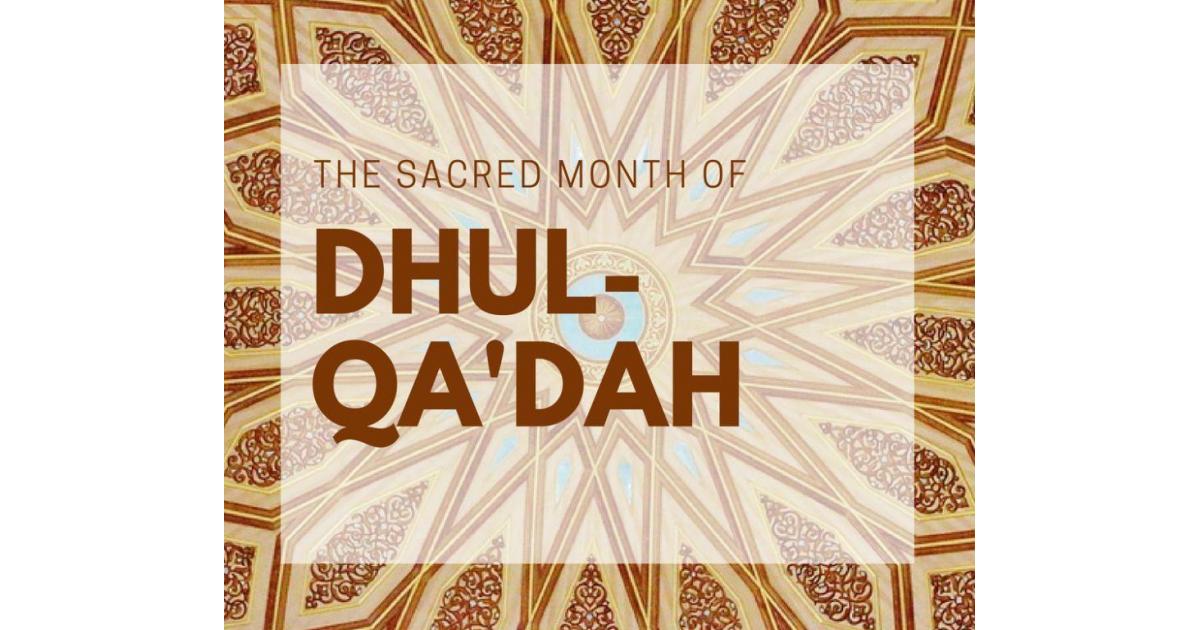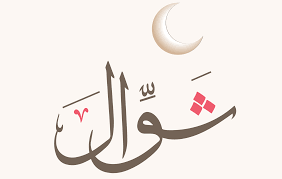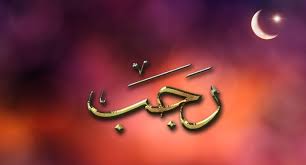The Islamic calendar, also known as the Hijri Calendar, is a lunar-based system comprising twelve months. Each month holds unique significance and historical relevance within the Islamic tradition. One such month is Jumada al-Thani, also referred to as Jumada al-Akhirah. In this article, we delve into the depth and richness of Jumada al-Thani, exploring its historical context, religious observances, and cultural significance.
Understanding the Islamic Calendar
The Islamic calendar is a lunar calendar consisting of 354 or 355 days. Unlike the Gregorian calendar, it is based on the phases of the moon, making it shorter by about ten to twelve days each year. This calendar is pivotal in determining the dates of Islamic holidays, religious observances, and various Islamic festivals. The Hijri Calendar starts with Muharram and ends with Dhu al-Hijjah. Each month brings forth its own set of traditions and religious significance.
Lunar Months and Their Importance
The Islamic year is divided into twelve lunar months, each lasting between 29 and 30 days depending on the moon’s sighting. These months include Rabi’ al-Awwal, Ramadan, and Jumada al-Thani among others. The lunar nature of these months aligns various Islamic practices with the moon phases, making each month spiritually significant.
Historical Significance of Jumada al-Thani
Jumada al-Thani is the sixth month in the Hijri Calendar. It follows Jumada al-Awwal and precedes Rajab. Historically, this month holds significant events that are etched in Islamic history. Many notable events occurred during Jumada al-Thani, including significant battles and the passing of prominent Islamic figures. These events are not only crucial from a historical standpoint but also enrich the Islamic heritage.
Religious Observances in Jumada al-Thani
Though Jumada al-Thani is not as prominently known for specific Islamic holidays as other months like Ramadan or Dhul-Hijjah, it remains important for various religious practices. Muslims around the world engage in additional prayers, fasting, and charitable activities during this month. It’s a time for spiritual reflection and seeking Allah’s blessings.
Islamic Education and Scholarship in Jumada al-Thani
The pursuit of Islamic education and scholarship is a continuous endeavor in the Muslim world. Jumada al-Thani is a time when many Islamic institutions organize lectures, seminars, and study sessions to deepen the understanding of Islamic teachings. Scholars often focus on significant historical events and figures associated with this month, fostering a deeper connection with Islamic traditions.
Cultural Significance
Islamic culture is rich and diverse, with each month bringing its own customs and traditions. In Jumada al-Thani, communities gather in mosques and communities to engage in collective worship and community service. These gatherings strengthen communal bonds and foster a sense of unity among Muslims.
Muslim Traditions
Muslim traditions during Jumada al-Thani vary across different cultures. However, common practices include reading Quran, making duas (supplications), and performing charitable acts. This month is seen as an opportunity to renew one’s faith and commitment to Islamic principles.
Celebrating
While Jumada‘al-Thani might not have as many widespread celebrations as other months, it still holds significance in the form of local traditions and Islamic ceremonies. Communities often organize events to commemorate historical figures and events associated with this month. These celebrations are not just about festivity but also about remembering the past and drawing lessons from it.
Prophet Muhammad
Prophet Muhammad (peace be upon him) remains central to all Islamic practices and traditions. Stories and teachings related to the Prophet are often recounted during Jumada‘al-Thani, emphasizing his role in Islamic history and his teachings’ relevance today. This month serves as a reminder of the Prophet’s enduring legacy and his impact on the Muslim ummah (community).
Islamic New Year
Although Jumada‘al-Thani does not mark the beginning of the Islamic New Year, it is part of the broader Islamic tradition that cycles through various months, each bringing its own significance. The Islamic New Year starts with Muharram, and by the time Muslims reach Jumada‘al-Thani, they have often experienced a range of religious and cultural activities that shape their spiritual journey.
Islamic Ceremonies
Various Islamic ceremonies take place during Jumada‘al-Thani, including commemorations of historical events and figures. These ceremonies are often marked by prayers, recitations, and educational sessions that highlight the month’s significance and the lessons to be learned from it.
Historical Events
Several historical events in Jumada‘al-Thani have shaped the Islamic world. From battles that determined the course of Islamic history to the birth and death of notable Islamic figures, these events are remembered and honored by Muslims globally. These reflections on the past are crucial for understanding the present and future directions of the Islamic community.
Islamic Heritage
Islamic heritage encompasses a wide array of cultural, historical, and religious elements. Jumada‘al-Thani contributes to this rich tapestry by being a month that holds many layers of Islamic tradition. Preserving and promoting this heritage is essential for maintaining a strong sense of identity and continuity within the Muslim community.
Festive Foods
Though Jumada‘al-Thani is not characterized by specific festive foods like Ramadan or Eid, many cultures have traditional dishes that are prepared during this month. These foods often bring families together, fostering a sense of community and shared cultural identity.
FAQs About Jumada al-Thani
1. What is Jumada al-Thani?
Jumada‘al-Thani is the sixth month of the Islamic calendar. It follows Jumada al-Awwal and precedes Rajab.
2. Why is Jumada al-Thani significant?
This month holds various historical and religious significance, including notable events and the observance of additional religious practices.
3. How is Jumada al-Thani observed?
Muslims observe this month by engaging in additional prayers, fasting, charitable activities, and attending community gatherings.
4. What historical events occurred in Jumada al-Thani?
Numerous significant events, including battles and the deaths of prominent Islamic figures, took place in Jumada‘al-Thani.
5. Are there specific foods associated with Jumada al-Thani?
While not as specific as Ramadan or Eid, various cultures have traditional dishes they prepare during Jumada‘al-Thani.
Conclusion
Jumada‘al-Thani is a month rich in Islamic significance, steeped in history, and filled with religious practices and cultural traditions. It offers Muslims an opportunity to reflect on their heritage, engage in spiritual activities, and strengthen their community bonds. By understanding and celebrating Jumada‘al-Thani, Muslims continue to honor their past and nurture their faith for future generations. For more insights into Islamic traditions and history, visit thefuturedreams.com and explore our comprehensive resources on Islamic education, history, and culture.




